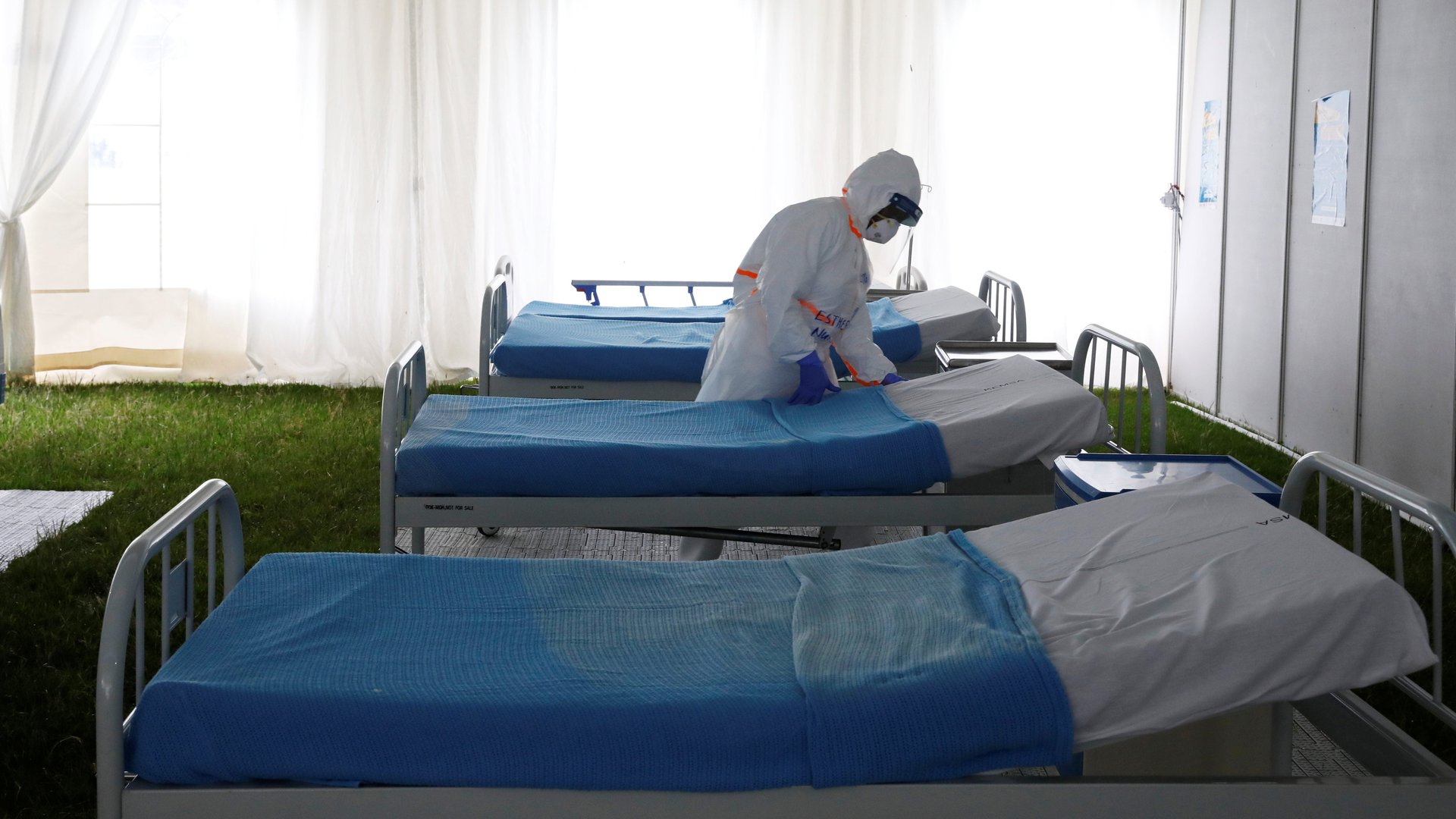African economies are spending up to five times their health budgets on debt repayments
There’s been much coverage in recent weeks about the need for developing countries, particularly in Sub-Saharan Africa, to seek debt relief from the multilaterals like World Bank, IMF and other creditors.


There’s been much coverage in recent weeks about the need for developing countries, particularly in Sub-Saharan Africa, to seek debt relief from the multilaterals like World Bank, IMF and other creditors.
Rather than ask to completely replay the 1990s when some of the world’s low- and low-middle income countries negotiated debt forgiveness from the Paris Club coalition of some of the world’s wealthy countries, this time the discussions have been about pausing repayments on debt that has been been accumulated over the last decade of relatively cheap credit.
The idea is if these countries can pause debt repayments for two years they’ll be able to focus on their much more challenging immediate problems of coping with a health crisis which has the potential to be easily exacerbated by the weak health infrastructure such as a lack of hospitals to medical personnel in many Sub-Saharan Africa countries.
“Because Sub-Saharan Africa governments do not have the resources for significant fiscal stimulus programs, we think suspending governments’ interest payments is critical,” says Yvonne Mhango, an analyst at Renaissance Capital. “Ghana spends five times as much on interest payments as it does on healthcare. Freeing up these funds would help alleviate the impact of the crisis.”
Mhango also points out Nigeria spends three times and Kenya two times their respective healthcare budgets on debt repayments.
Even before the merits of discussing whether or not these countries have accumulated too much debt, part of the challenge has often been that they weren’t spending enough on healthcare in the first place. Kenya, where president Uhuru Kenyatta has focused on investing in healthcare as part his “Big 4” agenda, still spends at least two Kenyan shillings on interest payments for every shilling it spends on healthcare, notes Mhango.
Nigeria, Africa’s largest economy with its biggest population of some 200 million people, only spent around 0.5% of its 2017 budget on healthcare.
Ghana spent around 1% of its budget on healthcare in 2017 but president Nana Akufo-Addo seems determined to ensure the country is better equipped for future public health in general and not just crises. On Sunday, the president announced what would be the biggest investment in health in Ghana’s history by building 94 new hospitals all due to be completed within a year from now. It would also establish three infectious disease centers in the north, center and south of the country, ultimately leading to the creation of a Ghana Center for Disease Control.
Kenya and Nigeria have both hurriedly expanded their temporary health facilities long before having a substantial number of Covid-19 cases in a bid to avoid mainstream hospitals being prematurely overwhelmed. Even better resourced health systems in the United States and Europe have become overwhelmed by a sudden spike in coronavirus patients. So far, the numbers of confirmed cases across most of Africa has has been relatively manageable with 35,000 cases across a continent of more 1.2 billion people.
Economists and analysts often point out borrowing is not the problem when managing a country’s economy. Often times, particularly for developing countries with low tax bases or lacking a major export, debt is usually an important tool for financing hospitals for social welfare and road networks to service the economy, for example. However there is a more contentious debate at times around how the debt is used and whether it just serves the priorities of the government in power rather than its citizens.
Ultimately, Mhango’s says the primary case for suspending debt payments is that Sub-Saharan Africa countries do not have the stimulus fiscal tools of the wealthier, more advanced economies. Instead of being a stimulus, when Ghana, Kenya and Nigeria receive concessional debt from the World Bank and IMF among others, those loans will mostly be used to fix the huge revenue shortfalls and emergency health and social welfare expenditure the Covid crisis has created for their budgetary plans.
Additional reporting by Kwasi Gyamfi Asiedu
Sign up to the Quartz Africa Weekly Brief here for news and analysis on African business, tech and innovation in your inbox